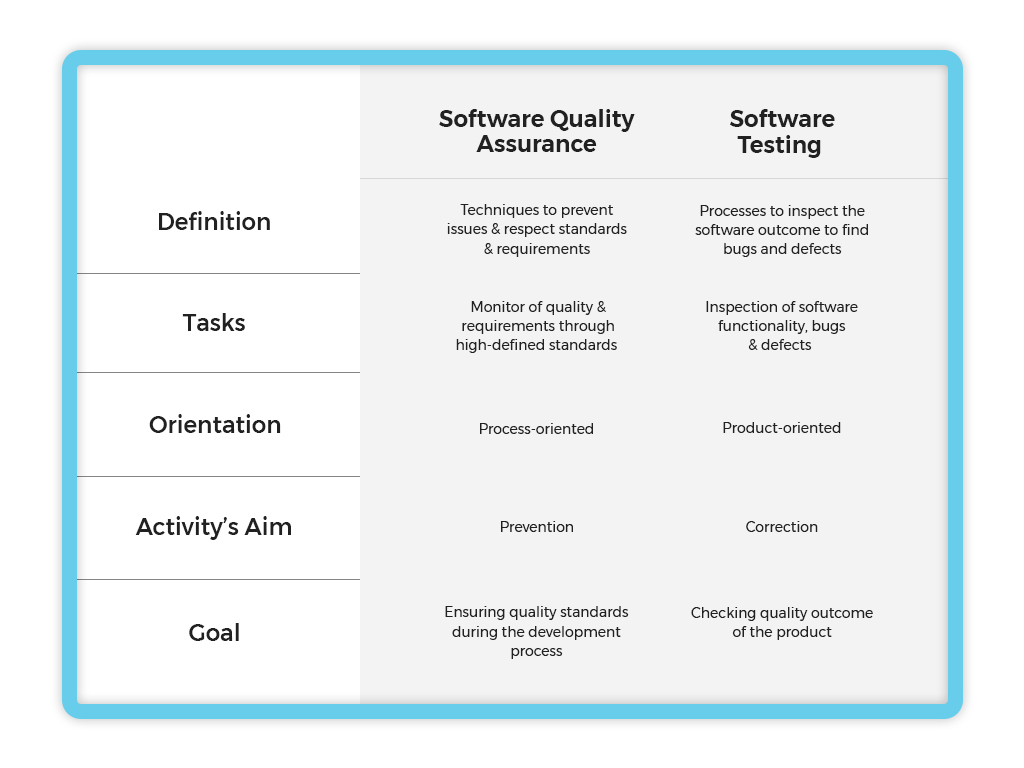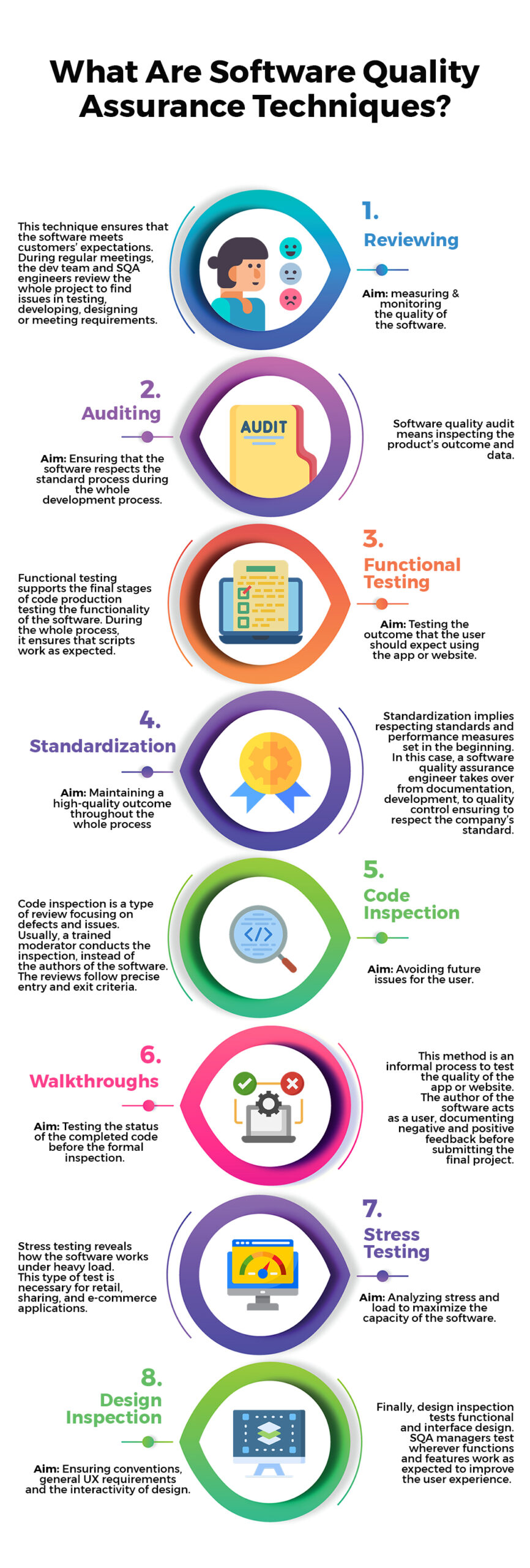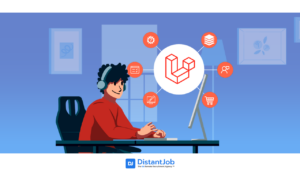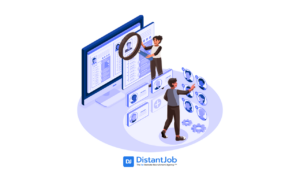Errors and mistakes during any software development project mean a loss in income, time, and productivity. For example, in 2015, Starbucks lost millions in sales because of a register malfunction – on the other side of the coin, customers were very happy because they got free coffees.
If you aren’t one of those getting free stuff for software malfunctions, missing proper SQA testing has negative consequences for a business. Starbucks is an international and established company. This mistake is a lesson for them. However, they could afford this huge loss in budget. The point is, can your company afford delays and mistakes of this kind when producing software?
What Is Software Quality Assurance (SQA)?
Software quality assurance (SQA) is a method to assure the quality of a software product. It consists of various methodologies to assist software development processes, tools, and techniques. SQA testing works with high-defined standard practices to ensure the functionality and reliability of software. It runs parallel to the whole software process. In short, software quality assurance supports the development team to prevent issues and guarantee high-standard outcomes.
Software quality assurance testing includes:
- Quality management
- Technical reviews
- Multi Testing strategies
- Updates software engineering technologies
- KPIs measurement
- Reports and documentation
Software Quality Assurance vs. Software Testing
If you need to hire a software quality assurance engineer, bear in mind the difference between software testing and software quality assurance:
- Quality Assurance, as we just mentioned, is a set of techniques to support the development process. The aim is to ensure high-quality results. The primary task is to prevent possible bugs, saving working time and budget. The SQA testing goes through the whole product life cycle (SDLC). In fact, instead of the final product, quality assurance SDLC focuses on testing each stage of the development process.
- On the other hand, Software Testing focuses on the final product to find the possible defects before the official release. Multiple methods and techniques screen the code script to locate bugs and check features for the user.

What Are Software Quality Assurance Techniques?
Let’s have a closer look at the core SQA techniques:

Software Quality Assurance Team Activities
- Setting the checkpoint: SQA team plans checkpoints following specific time intervals to check the progress, quality, and performance of the software. In addition, they handle schedules and internal documentation.
- Measuring change impact: The team works with the developer on test metrics to avoid future bottlenecks. For example, a fixed defect can introduce a new malfunction into the running software.
- Planning multiple testing strategies: A SQA team plans multiple to cover any area of software development. For instance, for eCommerce, they test security, performance, loading, database efficiency, and design functionality.
- Submitting records and reports: For managers and clients, it’s important to follow each stage of the process. The QA team reports and documents executed test cases and cycles; defects logged; fixed defects; prototypes for clients’ requirements.
- SQA management plan: A management plan is the most effective strategy to make your SQA and dev team collaborate together. You can determine deadlines, standard measures, and strategies to meet the project requirements.
Remember that the key to getting the full potential of software quality assurance is a good relationship between the testers and developers. The aim of both teams is to deliver the highest quality products. And your aim is to keep the internal communication effective and productive. When interviewing possible candidates, always arrange meetings with your existing dev team to value future interactions and work ethic to ensure the best results.
Benefits of Hiring SQA Engineers
Hiring an SQA engineer is an additional cost to a company. However, it has numerous benefits over time. From testing debugs and respecting due dates, an SQA team is a support for you. SQA testing bridges between the team, managers, and clients. In the long run, the recruitment costs are an investment to optimize your team results and ensure higher quality throughout the whole process.
Here are the primary benefits of hiring an SQA engineer:
1. Client’s Confidence
If you are building an app for your client’s eCommerce, you can guarantee a regular quality check and report. An SQA can provide detailed reviews; inspections; auditing; and quality software. Involving your clients in each progress increases their confidence during the project development – and future collaboration.
2. Budget Control
An SQA engineer supports developers with regular testing, documentation, and preventing future issues. For you, the last one is a cost-effective measure to reduce risks and major defects. They both delay target dates or require additional resources.
3. Better User Satisfaction
Regular reporting and testing mean ensuring the expected outcome for the user. During the final inspection and walkthrough, your SQA and dev team can fix and adjust the last details. This method eliminates what could negatively impact the user experience – and satisfaction.
4. Productivity and Unforeseen Emergencies Prevention
SQA engineers and analysts can plan from the beginning to the end. Working daily with your developers, they know at which speed they can give the best results. A specific plan that keeps parallel development and testing ensure better productivity and efficiency. In addition, regular testing helps predict unforeseen emergencies. The tester knows the developer and can give detailed feedback based on regular reviews and collaborations.
5. Client Conflicts
Last but not least, SQA engineers can help you meditate with clients. They can explain technical issues and include changes into the plan respecting requirements, time, and budget. Their work ensures smooth and productive teamwork during the whole development process.
How to Hire SQA Engineers
As we said, SQA engineering is a parallel activity to the whole software development process. To hire a candidate with the skill set you need, you must isolate the specific requirements for your projects and find someone who can support your existing dev team.
1. Pick The Right Role
Initially, we mentioned the difference between SQA engineers, analysts, and testers. The first step to writing a detailed job ad is to define in which phase of the project you need the support of an SQA manager:
- Test planning: This phase relates to the very beginning of the project. It concerns test and development planning to organize the future workflow. In this case, an SQA analyst has the most complete skill set for the job.
- Test execution: This job involves design tests and trial environments parallel to the development process. SQA testers can arrange the testing schedule collaborating with the rest of the team.
- Test reporting: It means to report, document, and monitor the whole process. An SQA engineer supervises the whole process. In addition, they regularly report to you and clients progress and bottlenecks.
2. Define Your Working Method
To make it works, you need to select a software development testing method. Agile or agile-like methods are the most popular (87%), followed by DevOps approaches (36%).
Here is a short description of the most common software development methods. You must specify in your job application how your engineers will work:
Waterfall Model
As a traditional software development life cycle, this model includes 6 consecutive phases:
- planning
- analysis
- design
- implementation
- testing
- maintenance.
Agile Testing
This method breaks the development process into smaller tasks and reviews. Unlike the Waterfall method, it allows testers and coders to parallel work on tasks during the whole process.
DevOps Testing
Finally, DevOps gradually expands from the Agile experience. This method requires regular and intense coordination between developers, SQAs and other departments. From the beginning to the end, everyone is involved. Team members constantly communicate to produce new products and review the old ones.
3. Arrange Several Interview Stages
As a last piece of advice, specify in your ad that you will conduct more than one interview. As we said, the key to making Software Quality Assurance productive is a smooth and transparent collaboration between SQA engineers and dev teams. So, after the first round of interviews, arrange another stage with your developers. Not only they can make the right technical questions. You can also analyze their interaction to see which candidate better fits with your team members’ personalities and company culture.
Where to Hire SQA?
To find the perfect SQA candidate, you have multiple options. If you have a solid dev team to support you, you can go for different job platforms and deal with the hiring process yourself. This path is more affordable. However, it’s preferable for established teams and running projects. In this case, it’s easier to isolate skills and expectations. And your dev team can guide you through technical requirements.
On the contrary, for startups and new businesses, an independent hiring process is risky and expensive. Besides isolating your needs, you need to be in a network and start your search on the right channels. You might end up wasting more time and resources finding the right platform than interviewing candidates.
If you need to hire a software quality assurance engineer, a professional IT agency is a better solution. For support roles like SQA testers, you can look on freelance platforms like Upwork or Toptal. Picking from their network, you can find talented candidates working with flexible schedules. However, SQA engineers and analysts are in managerial roles. Daily, they work with your team, report to you and your clients as well as making crucial decisions. So, it’s better to value a full-time remote position. With a remote arrangement, you can leave enough flexibility to your candidate and guarantee continuity for your team.
Conclusion
In the case of Software Quality Assurance engineers, the interview process becomes even more important. Besides technical skills, you must value human attitude and work ethic. The role requires constant testing and reviewing. And you must ensure that none in your team (especially coders) takes this process personally. To simplify your job, we can support you during this delicate process. As a remote IT recruitment agency, we have over a decade of experience with clients’ needs and developers. Not only does our team support you during the hiring process. But also we understand the type of skill set and contract that would better suit your project. So, you can focus on team interactions and candidates’ personalities. Our remote team highly values psychology and personality. And we can help you direct the focus on the important elements to value during the interview.
If you have any questions, just contact us!
The role of a software quality assurance engineer is to prevent issues from beginning to end. The primary responsibility of this position is to avoid delays on target dates and ensure the quality of software. An SQA engineer supports the dev team in setting realistic goals to prevent bottlenecks for future tasks.
The role’s activities spread on four phases:
Plan: Setting necessary performance measures to keep high-quality standards.
Do: Breaking tasks of building and testing the development of the application process.
Check: Observing and examining standards and outcomes.
Act: Deciding the course of action to maintain the application quality.
When it comes to hiring, you need to consider your company scale. And which project elements you want to improve and support. Based on your budget and needs, you need to list the requirements you need to attract the right candidate for your project.
1. SQA engineers: They are responsible for ensuring the quality of the final outcome. The role requires a solid knowledge of coding languages and frameworks. They need to isolate bottlenecks and test the execution of the running project.
2. SQA analysts: This role focuses on the application business logic in the earliest stages of the development project – even before writing scripts. Their aim is to analyze the business needs. Above all, they plan high-level development outcomes and build case-study for manual tests of tools and processes.
3. SQA testers: A SQL tester is usually a junior developer. The role focuses on executing tests and debugs. They don’t participate in the planning stages or creating frameworks. Usually, large-scale businesses hire QA testers for each particular stage of software development.
– Planning tests, possible scenarios, scripts, or procedures.
– Setting specific standards, methods, and procedures to determine and maintain product quality and release punctuality.
– Documenting and reporting software defects with bug tracking systems.
– Identifying and analyzing problems with program function, output, online screen, or content.
– Developing testing programs for database impacts, software scenarios, regression testing, negative testing, error or bug retests, or usability.
– Contributing to design reviews providing input on functional requirements, product designs, schedules, or potential issues.
– Aligning with standards any outcome and procedures, ensuring technical accuracy, compliance, or completeness, or mitigating risks.
– Plan test schedules or strategies in accordance with project scope or delivery dates.
– Scheduling software compatibility tests for programs, hardware, operating systems, or network environments.
– Reviewing software documentation and providing feedback to the dev team on usability and functionality.
– Updating automated scripts and ensuring currency.
– Installing and configuring recreations of software production environments to monitor software performance.
– Conducting historical analyses of test results to improve performance.
– Performing initial debugging procedures and reviewing configuration files, logs, or code pieces to determine breakdown source.
– Collaborating with the dev team and customers to evaluate bottlenecks and recommend possible solutions.





